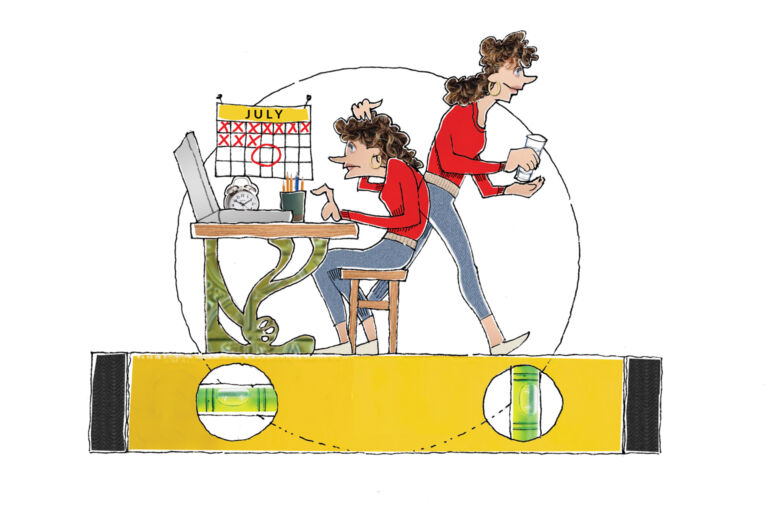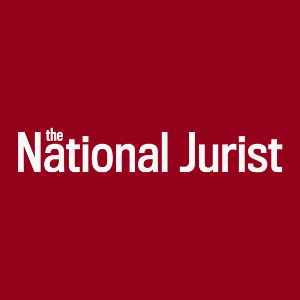Two California schools will soon no longer have American Bar Association (ABA) accreditation. One is volunteering to withdraw from the accrediting body, while the other fought the move but lost.
Both Thomas Jefferson School of Law in San Diego and Ontario-based University of La Verne School of Law plan to stay open as state-accredited schools.
There is one significant drawback with that move, however. It means future graduates will only be able to take the California bar in most cases.
It was Thomas Jefferson School of Law that got stripped unwillingly. The private, stand-alone school had lost ABA accreditation in May for a number of reasons — including poor bar passage rates — but appealed that decision. It recently lost the appeal, ending any hope it would remain under the ABA umbrella.
The University of La Verne is moving to drop its ABA accreditation, according to reports. One factor was that university leaders did not think the school could meet new and tougher ABA bar passage requirements. Like Thomas Jefferson, it struggled in that area.
Concerning Thomas Jefferson, the ABA released a notice saying that an appeals panel had affirmed the earlier decision to remove accreditation and that the move would be effective December 17, the day after the school’s fall semester’s finals period.
“There is no further appeal or review of the Council’s decision within the accreditation process,” it stated.
Now Thomas Jefferson must prepare and submit a teach-out plan so current students — they number about 320 — can complete their educations. Unlike future students, they likely won’t be impacted by the loss of accreditation and will be eligible to take the bar nationwide.
The school, in a statement, said: “The Law School is disappointed by the Appeals Panel’s decision, and is focused on ensuring that its current students will graduate pursuant to an ABA-approved teach-out plan here at Thomas Jefferson School of Law. The ABA Council has approved recent teach-outs allowing law schools to remain ABA-accredited in order to grant degrees to current students.”
Thomas Jefferson’s troubles with the ABA date back several years. In November 2017 it was placed on probation, with the ABA saying it was out of compliance in a number of areas. It noted concerns with the school’s financial resources, admission practices, academic program and bar passage outcomes.
For the Class of 2018, just 26.43% of first-time test-takers from Thomas Jefferson passed the bar. No other law school did worse.
That would have made it tough to meet new ABA bar requirements. In the past, to remain accredited, schools had to have 75 percent of those taking the bar exam from a particular class pass it within five years. Now they only have two. This is called the ultimate bar passage rate. For the Class of 2016, Thomas Jefferson’s rate was 63.83%.
This is quite the fall for Thomas Jefferson. In 2011, it believed its future was so bright that it built a $90 million building in downtown San Diego. It was not good timing, though. The economic crisis was taking hold and law school enrollment soon fell drastically.
Thomas Jefferson was forced to sell the building and move to a smaller downtown location. It had hoped that move — as well as accepting more qualified students and improving its bar prep program— would appease the ABA.
While a number of law schools have closed in the wake of ABA punishments, Thomas Jefferson will not. In the school’s statement, it said that in the beginning of the summer 2020 academic year, the school will admit “new students for a J.D. degree as a State Bar of California approved Law School.”
When it comes to La Verne, it appears that a similar strategy will be followed, and it will become also become a state-accredited school. The school’s action doesn’t follow the usual pattern concerning troubled law schools. They normally fight — and in some cases sue — the ABA to remain accredited.
In October, the University of La Verne Board of Trustees announced it was considering several options concerning the law school, including closing it. One of the worries was being able to meet the ABA’s new bar passage outcomes.
For the Class of 2018, just 31.49% of its first-time test-takers passed the bar. Obviously, it had ground to make up. As with the case of Thomas Jefferson, a teach-out plan will likely be submitted to the ABA, so currently enrolled students will graduate from an ABA-accredited school. They number about 240.
The number of schools that no longer have ABA accreditation — either because of a merger, a closing or an ABA action in the last three years — now stands at eight.
They include: Charlotte School of Law in North Carolina; Arizona Summit in Phoenix; Whittier Law School in Costa Mesa, Calif.; Valparaiso University Law School in Valparaiso, Ind., and Indiana Tech in Fort Wayne.
Hamline University School of Law in St. Paul, Minn. merged with William Mitchell College of Law in St. Paul to form Mitchell Hamline School of Law. That school is ABA-accredited.







